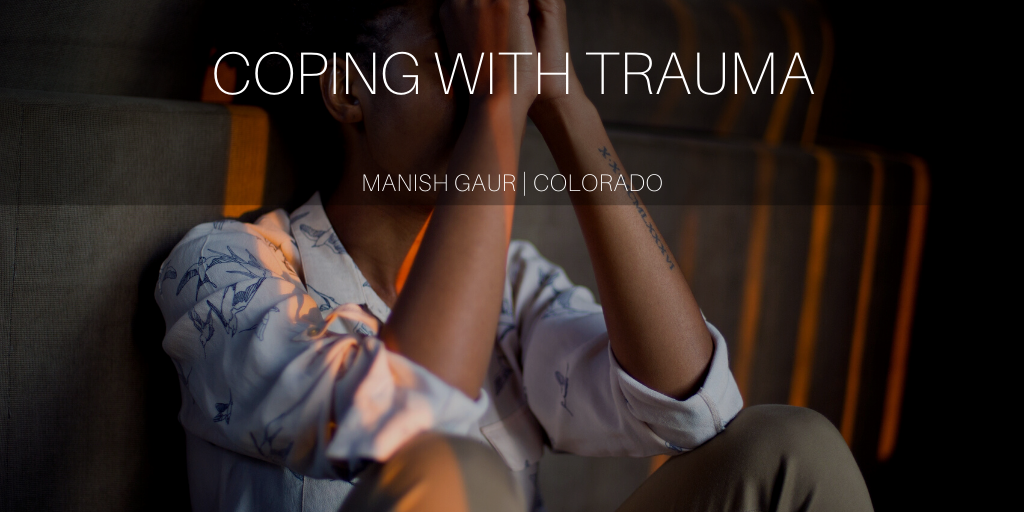Trauma is defined as a deeply distressing, overwhelming, disturbing experience. It can occur at any age of a person’s life. It can be something that happened directly to you or it can be something you witnessed or heard. Trauma is a deeply intimate, objective experience that is different for everyone. People are a product of both nature and nurture which is why two people can go through the same event and come out differently, with one person experiencing a traumatic memory of it. For those people, coping is something that might be a lifelong struggle.
Some people develop Post-Traumatic Stress Disorder (PTSD) as a result of trauma. Symptoms of PTSD can vary widely, from severe episodes of anxiety and nightmares to having flashbacks of an event. The most common symptom is a constant reenactment that plays over and over in their mind. Regular therapy is not geared towards people who have suffered trauma because it is too broad and covers an umbrella of topics. For this reason, there are specific trauma-focused therapy programs available, both in-person and online. Talk therapy is one of the best ways to get out what you are feeling inside. Even in an informal setting, try talking to people you trust about what happened and how it has affected you.
The most important thing to remember when coping with trauma is to determine safety, both for yourself and others. This is where friends and family come in. If there is even a remote chance that you might make choices that will make things worse, you need to be protected from doing so. In addition, avoid using drugs or alcohol in order to cope with painful feelings, since the feelings will only resurface anyway. As unpleasant as it may be, you need to address what’s affecting your quality of life so you can continue on to have a meaningful existence in the long-run.
Cognitive Behavioral Therapy (CBT) is a widely-recognized form of trauma therapy. It is based on the idea of problem-solving by restoring self-esteem and setting goals. CBT programs help patients change their negative thinking/behavior patterns, which ultimately change the way they feel about themselves and others.
Mindfulness isn’t just a trendy term being thrown around. The idea of being present, in the moment, is a very relaxing and centering approach towards healing. It can also give your mind a break from replaying unpleasant memories over and over, thereby relieving you of additional stress.
.
.
Originally published on manishgaurcolorado.com


